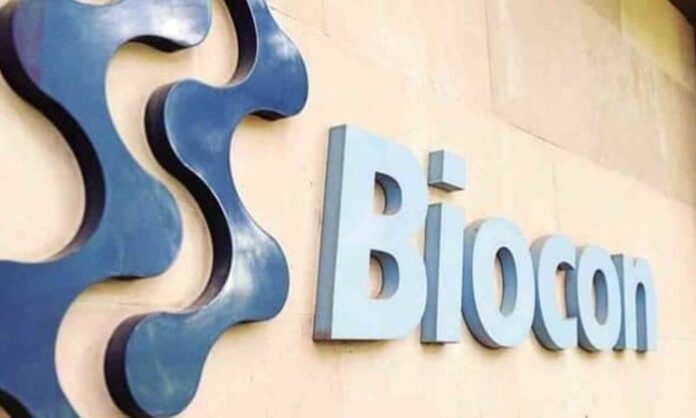Biocon Biologics, a fully integrated global biosimilars company and subsidiary of Biocon, has announced that the US Food and Drug Administration (FDA) has approved Bosaya (denosumab-kyqq) 60 mg/mL injection for subcutaneous use in a single dose prefilled syringe (PFS), and Aukelso (denosumab-kyqq) 120 mg/1.7 mL (70 mg/mL) injection for subcutaneous use in a single-dose vial, biosimilars of Prolia and Xgeva respectively. In addition, the US FDA granted provisional interchangeability designation for both Bosaya and Aukelso.
Shreehas Tambe, CEO and managing director, Biocon Biologics, “The FDA’s approval of Bosaya and Aukelso is a significant milestone in our mission to expand access to critical biologic therapies. With Bosaya, we are proud to offer a more affordable treatment option for patients with osteoporosis, and with Aukelso, we are further expanding our oncology care portfolio. This achievement underscores our scientific and regulatory capabilities and reinforces our commitment to delivering high-quality biosimilars that support sustainable healthcare systems and improve patient outcomes.”
Bosaya is approved for the treatment of postmenopausal women with osteoporosis at high risk for fracture, to increase bone mass in men with osteoporosis at high risk for fracture, glucocorticoid-induced osteoporosis in men and women at high risk for fracture, to increase bone mass in men at high risk for fracture receiving androgen deprivation therapy for nonmetastatic prostate cancer, and to increase bone mass in women at high risk for fracture receiving adjuvant aromatase inhibitor therapy for breast cancer.
Aukelso is approved for the prevention of skeletal-related events in patients with multiple myeloma and in patients with bone metastases from solid tumors, to treat adults and skeletally mature adolescents with giant cell tumor of bone that is unresectable or where surgical resection is likely to result in severe morbidity, and to treat hypercalcemia of malignancy refractory to bisphosphonate therapy.
Clinical data showed that both biosimilars demonstrated comparable quality, safety, and efficacy to the reference product. Bosaya is approved with the same Risk Evaluation and Mitigation Strategy (REMS) plan as Prolia to likewise inform healthcare providers and patients of the risks of severe hypocalcemia in patients with advanced chronic kidney disease (CKD), including dialysis-dependent patients, associated with Bosaya.
According to IQVIA National Sales Perspectives Data, denosumab had nearly US$5 billion in US sales for the period ending December 2024, with Prolia achieving US$3.3 billion and XGEVA generating US$1.6 billion.
Epidemiology:
Osteoporosis is a chronic disease that weakens bones, making them fragile and more prone to fracture. In the US, approximately 10 million adults over age 50 are estimated to have osteoporosis, with another 44 million at risk due to low bone density.1,2 One in two women and up to one in four men over age 50 will break a bone in their lifetime due to osteoporosis.
Bone metastases are a common complication of advanced cancer, affecting more than 330,000 patients annually in the United States.4 Skeletal complications can significantly impair quality of life and increase healthcare burden.
Giant cell tumor of bone (GCTB) is a rare, locally aggressive benign tumor that primarily affects young adults. While noncancerous, it can cause severe pain, fractures, and disability.








